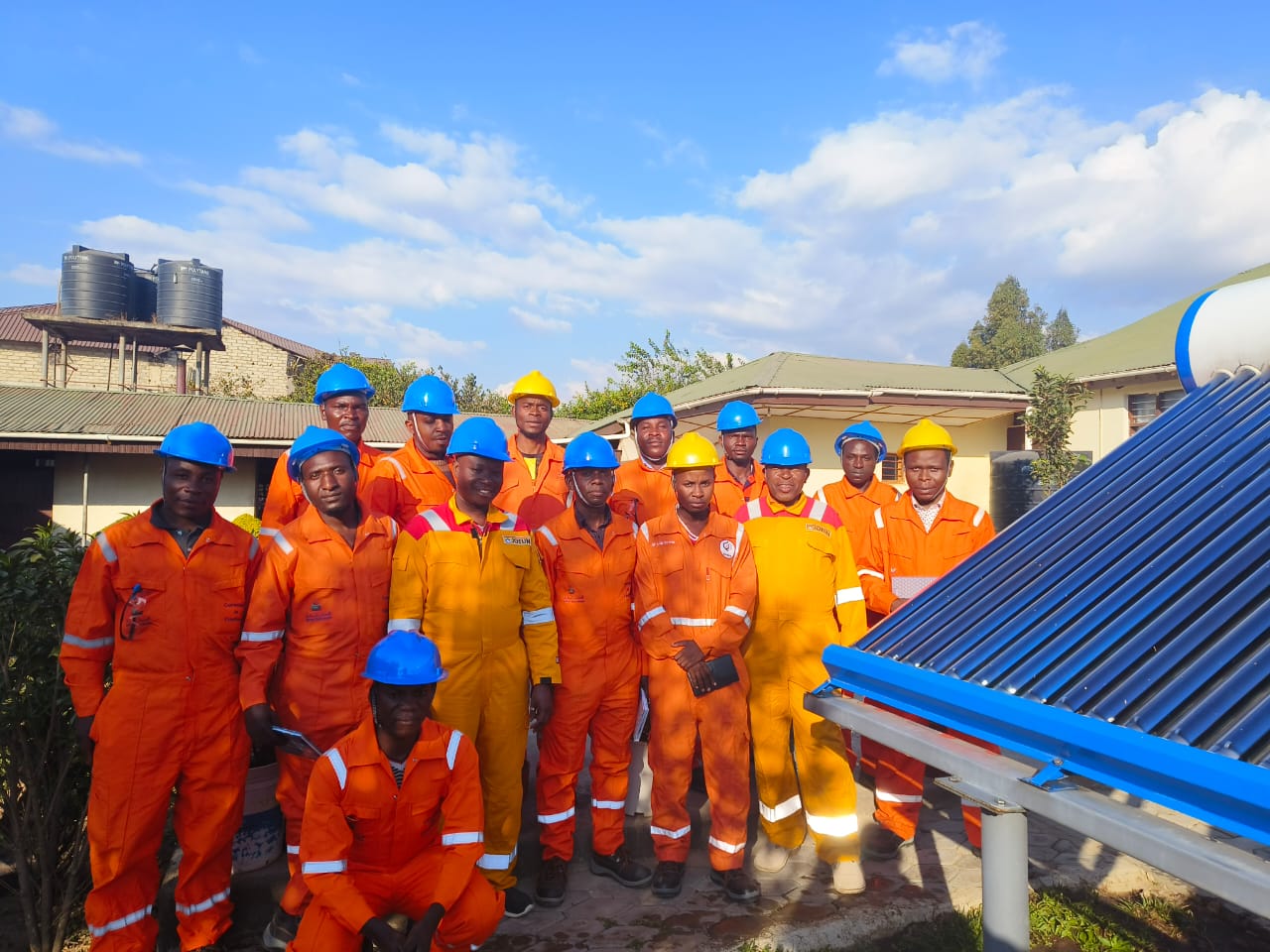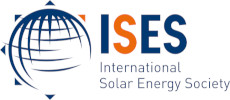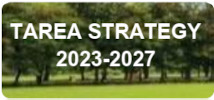Tanzania to Join IRENA
<p>Tanzania Renewable Energy Association (TAREA) has been advocating for Tanzania to join international renewable energy organizations. Tanzania is already a member of the International Solar Energy Alliance (ISEA) with a head office in New Delhi, India. </p> <p>On 19.10.2023, TAREA representing mainland Tanzania's renewable energy private sector, participated in the stakeholders’ engagement meeting with the Tanzania Parliamentary Committee for Energy and Mines to present arguments as to why Tanzania has to join the International Renewable Energy Agency (IRENA). The agenda was presented to the Committee...</p>
ROTARY CLUB-AIRPORT MUNICH SOLARIZES TUMAINI LUTHERAN SEMINARY
<p>Tumaini Lutheran Seminary (TLS) in Malinyi, Morogoro Region, which is owned by the Evangelical Lutheran Church-Tanzania, Ulanga Kilombero Diocese, offers secondary school education and Bible knowledge training. Secondary School has a high level of Form IV. It has already educated youth who are now serving the nations, to mention a few sectors: religion, engineering, medicine and financing. The Bible School trains Evangelists that are sent out to serve parishes. TLS is connected to the national grid.</p> <p>On the 12th of August 2023, Rotary Club-Airport Munich commissioned two solar p...</p>
Moravian Church to Start Training Solar Photovoltaic Artisans
Moravian Church in Tanzania (Mbozi Province, South Province and South-West Province) will be offering artisanal solar photovoltaic training from January 2024. The provinces are cooperating with the German partner Herrnhuter Missionshilfe e.V through financial support from URBIS Foundation to establish the course at their vocational schools. The training will be offered at the Moravian Vocational Schools of Ileje, Kakozi, Kyela, Namtumbo, Rungwe, Songea and Mbeya.

TAREA is supporting the initiative. In July 2023, TAREA trained 12 electrical teachers from the Moravian Vocational Training Centres in the Southern Highland-Tanzania. TAREA will continue offering technical support for the next 2 years.
Mainland Tanzania Implements Energy Efficiency Action Plan
<p>TAREA has been advocating for the Ministry of Energy to develop and implement actions on energy efficiency. United Nations Development Program (UNDP) is implementing the energy efficiency project for the Ministry of Energy under the financial support of the European Union. The overall objective of the Project is to ensure access to affordable, reliable, sustainable, and modern energy for all in Tanzania.</p> <p>The actions of the project are as follows.</p> <ol> <li>Review and update the Energy Efficiency Action Plan and Energy Efficiency Strategy</li> <li>Development of Minimum Energy Performance Standards (MEPS) and La...</li></ol>
TAREA and REEEP Launch Renewable Energy Financing Platform
<p>Tanzania Renewable Energy Association (TAREA) in cooperation with Renewable Energy and Energy Efficiency Partnership (REEEP) to which TAREA is a member, launched a Renewable Energy Financing Platform for mainland Tanzania. The event took place from the 30th to the 31st of March 2023 in Dar es Salaam. The event attracted more than 60 persons from banks, microfinance institutes, renewable energy distributors and contractors, and non-profits.</p> <p>The platform provided an opportunity for renewable energy companies to present their financial needs before the banks and Rural Energy Agency (REA).</p> <p>The p...</p>






